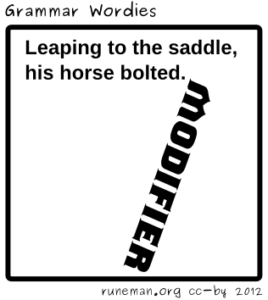 When I was a brand new writer, a number of well-established authors helped me. They gave me advice about my blurbs, how I structured my stories, my phrasing — essentially everything an early-stage writer needs to get a handle on things. Now, five years later, I won’t claim to be well established myself, but I do have my first million words written, and I do my best to return the favor by helping others who are at the beginning of their writing journey. As I do, I see many of the same mistakes repeated over and over.
When I was a brand new writer, a number of well-established authors helped me. They gave me advice about my blurbs, how I structured my stories, my phrasing — essentially everything an early-stage writer needs to get a handle on things. Now, five years later, I won’t claim to be well established myself, but I do have my first million words written, and I do my best to return the favor by helping others who are at the beginning of their writing journey. As I do, I see many of the same mistakes repeated over and over.
The good news is, writing rules can be broken, and effectively so. I am in the camp that says you have to truly understand a rule before you can break it effectively, though. In this post, I’m not talking about rules so much as generally accepted best practices. If you disagree with what I say here, I won’t argue with you. I will only say that these things are what work for me. Continue reading “On Weasel Words and Other Writing Tips for Authors”

 Indies Unlimited has all kinds of
Indies Unlimited has all kinds of  What if you produced an eBook, and one word on almost every page, chosen at random, pulsated gently. What if you produced a paperback, and one random word in every thousand was a different colour.
What if you produced an eBook, and one word on almost every page, chosen at random, pulsated gently. What if you produced a paperback, and one random word in every thousand was a different colour. And why detectives need to be careful writing Detective Fiction, etcetera. Experts tend to fill their novels with esoteric information that gets in the way of the story, so choose your atmospheric/tech descriptions wisely.
And why detectives need to be careful writing Detective Fiction, etcetera. Experts tend to fill their novels with esoteric information that gets in the way of the story, so choose your atmospheric/tech descriptions wisely.